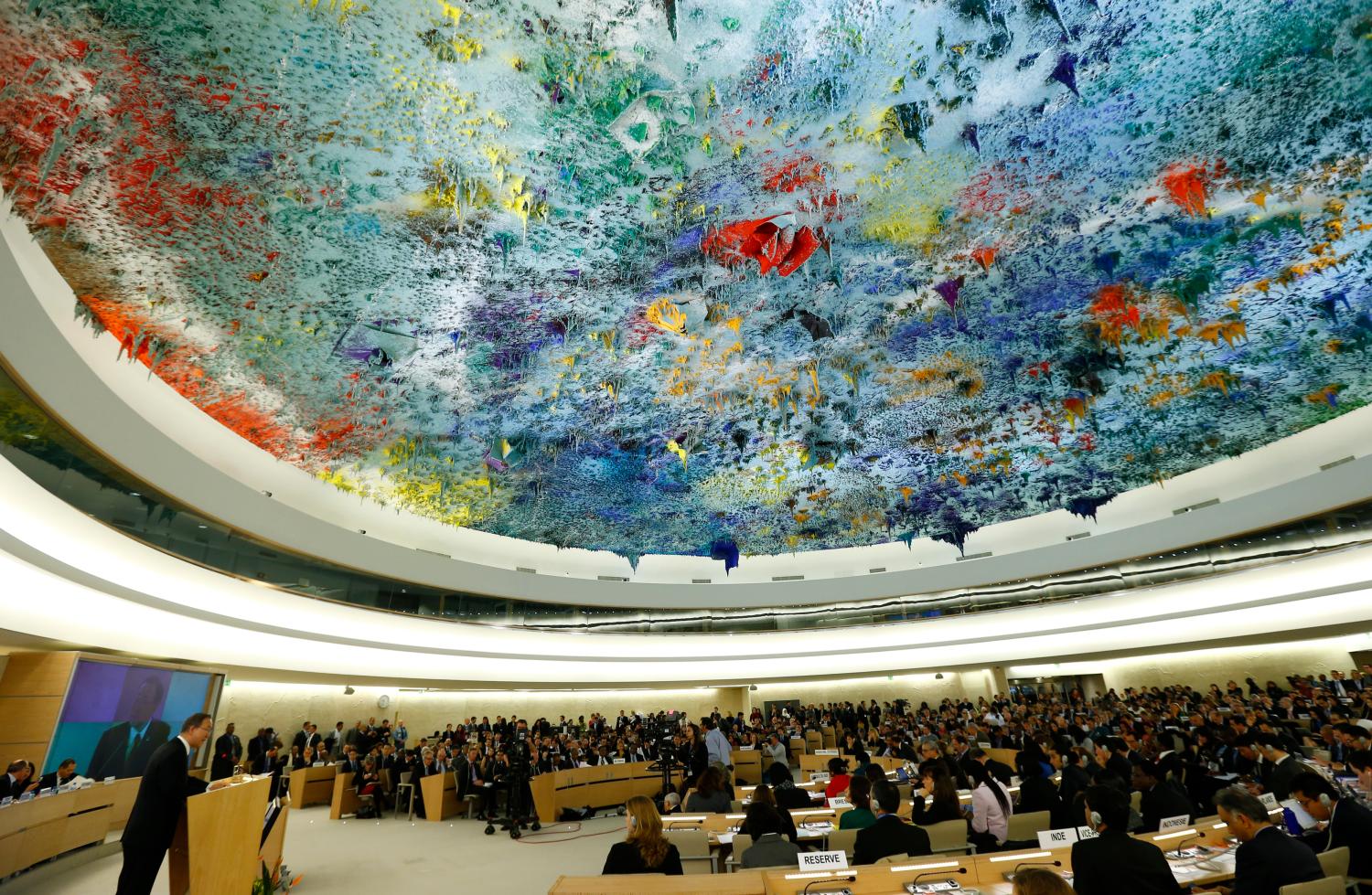Since it was established by the United Nations General Assembly in 2006, the Human Rights Council has sought, with mixed success, to fulfill its mandate to strengthen the protection and enjoyment of international human rights around the world. The Council has addressed human rights concerns in multidimensional ways, combining softer approaches like technical and capacity-building assistance with tougher “naming and shaming” tactics involving formal condemnation of state behavior.
In light of the 10th anniversary of the creation of the Council, Ted Piccone and Naomi McMillen assess the progress it has made toward fulfilling its mandate of addressing grave human rights violations by conducting an in-depth study of the work the Council has done on country-specific issues. Their working paper, “Country-Specific Scrutiny at the United Nations Human Rights Council: More than Meets the Eye,” examines the Council’s five major mechanisms: country-specific resolutions, the Universal Periodic Review, Special Procedures, commissions of inquiry, and Special Sessions of the Human Rights Council. In so doing, Piccone and McMillen find that there has in fact been a significant increase in activity at the Council concerning country-specific human rights issues through a number of mechanisms.
Some key findings presented in this working paper include:
• The exponential growth in the number and type of resolutions adopted has had important budgetary implications for the U.N.’s work on human rights.
• Between 2006 and 2015, the number of country-specific reports submitted to the Human Rights Council by thematic and country-specific mandated Special Procedures increased by 104 percent.
• While Israel/Palestine continues to occupy a significant amount of the Council’s agenda, states are clearly starting to expand their attention to include a more diverse array of country-specific human rights issues around the world.
The authors conclude that if the current trends observed in their study persist, the Council will be well placed to have lived up to its mandate to protect and promote human rights by addressing human rights violations wherever they occur.


